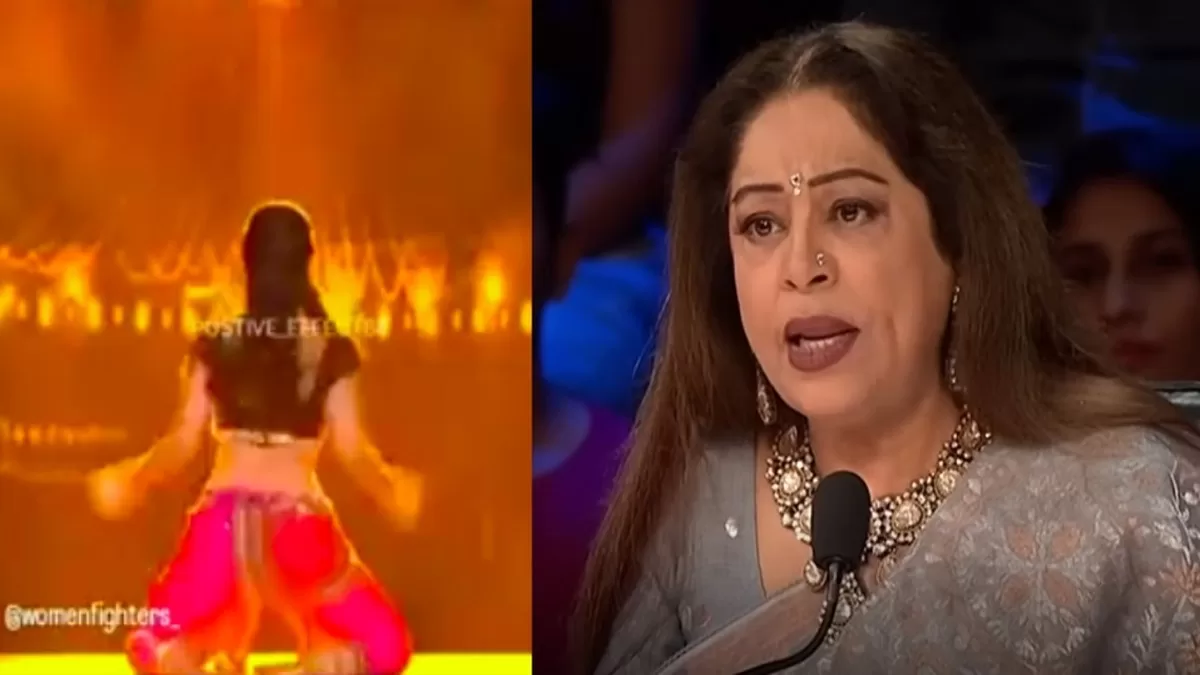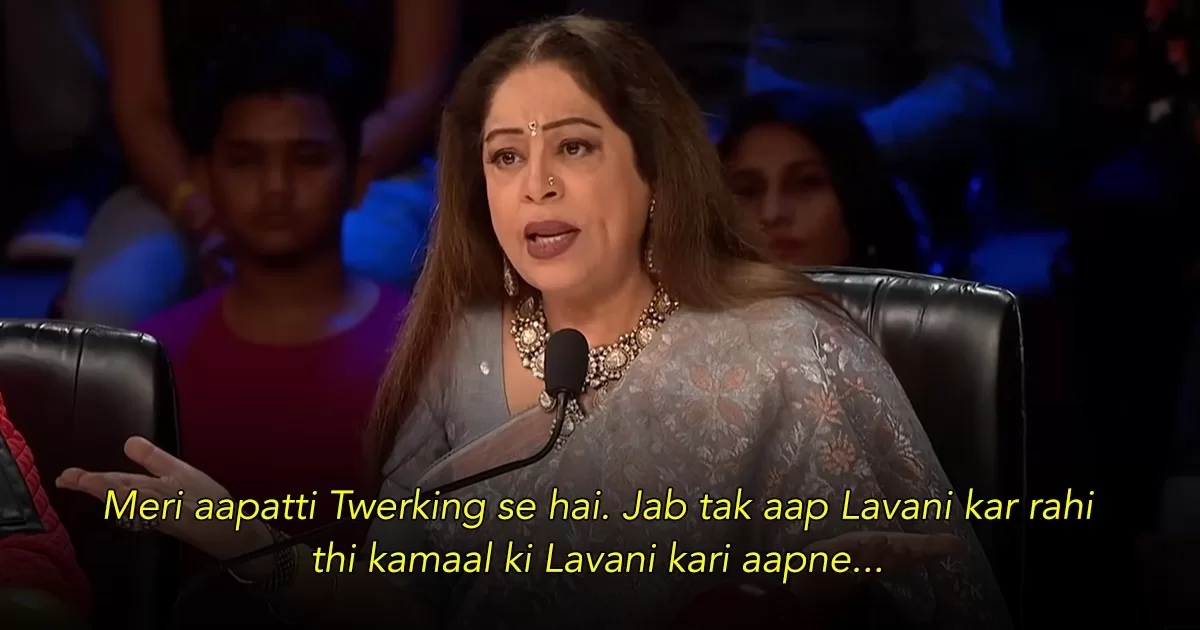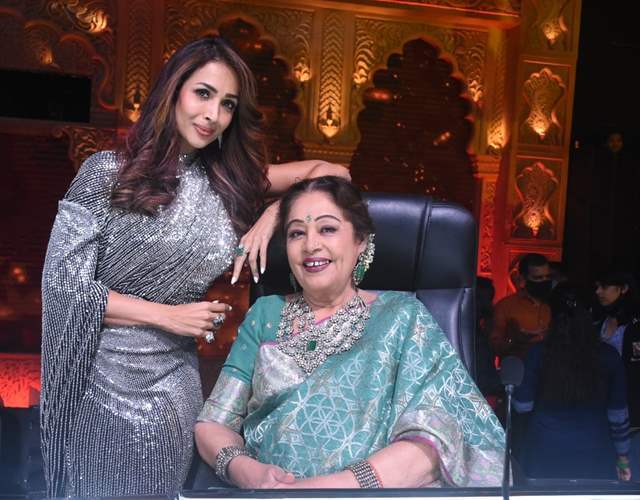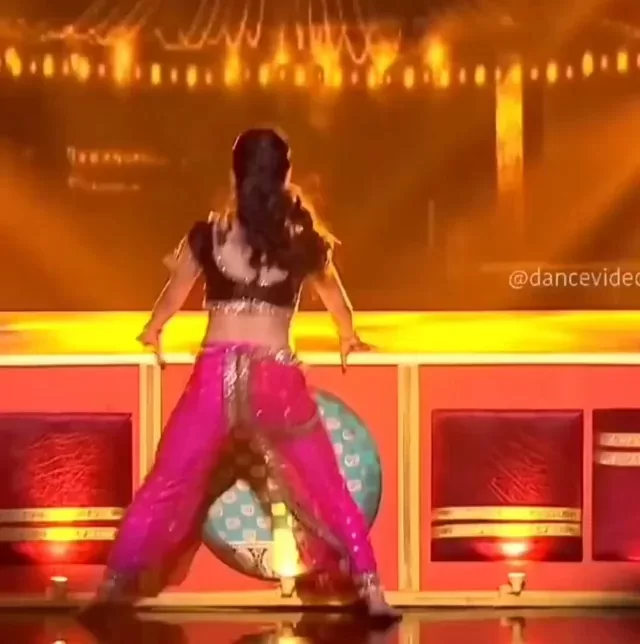Kirron Kher Lashes Out At Contestant For Doing Lavni And Twerking Act, Malaika Arora Disagrees

A recent performance on India’s Got Talent has ignited significant controversy online. The act is for its unique fusion of Lavni and Twerking, drawing a spectrum of opinions. The viewpoints of both judges and audiences are quite different from each other.
Kirron Kher’s Critique:

Judge Kirron Kher didn’t hold back in expressing her disapproval. She didn’t like the inclusion of Twerking in the contestant’s routine and called it vulgar and unnecessary. Her critique has stirred up a heated debate, dividing opinions across the internet.
Defending Artistic Choices vs. Echoing Criticism:
As discussions unfolded, some defended the contestant’s artistic freedom, while others echoed Kirron Kher’s sentiments, citing concerns over the perceived impropriety of integrating Twerking into the performance. However, this debate also brings into question the societal stigma surrounding Twerking and its classification as vulgar.

Reclaiming Twerking’s Historical Significance:
Contrary to its portrayal as a purely sexual gesture, Twerking holds deep historical significance rooted in the resistance of black communities against racial oppression. It serves as a form of cultural expression and reclaiming autonomy over one’s body.
Empowerment Through Twerking:
Twerking extends beyond its sexual connotations, symbolizing empowerment and self-expression, particularly for black women who have faced historical marginalization and objectification. Disdain towards Twerking reflects broader societal biases against black culture, often unfairly dismissed as uncivilized.

Diverse Internet Reactions:
The internet’s response to the controversy varies widely, with some condemning the judgment as slut-shaming, while others question the tendency to disparage practices associated with different cultures without a comprehensive understanding. This incident prompts reflection on cultural biases and the importance of respecting diverse forms of expression.
The fusion of Lavni and Twerking on India’s Got Talent has sparked a thought-provoking debate, shedding light on societal attitudes towards cultural practices and expressions of empowerment. As the discussion unfolds, it underscores the importance of embracing diversity and fostering understanding in our ever-evolving society.


